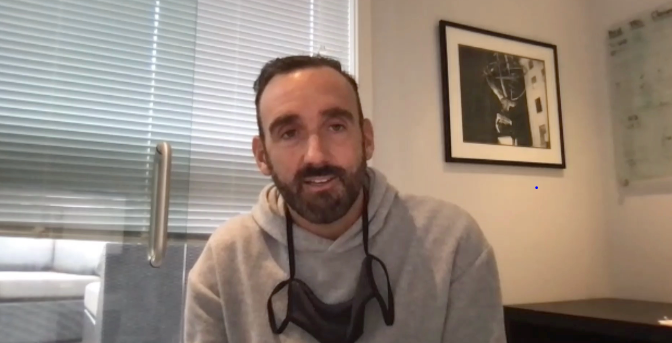Toronto’s new regulations for short-term rentals will come into effect on Jan. 1, but with just a few short weeks left to register only a small fraction of those previously operating have done so.

The City estimated that approximately 20,000 short-term rental properties were operating in Toronto prior to its new bylaw. Of those, officials said about 5,000 were investment properties it wants back in the long-term rental market.
But with weeks to go until all short-term rentals are legally required to register with the City of Toronto, only 1,785 have registered as of Friday.
Toronto’s executive director of municipal licensing and standards, Carleton Grant, said the City intends to begin enforcing the bylaw as soon as 2021 begins.
“If you don’t want to register and you don’t want to do that, then we will go after you and we have the tools necessary to go after an operator,” said Grant.
The City isn’t just targeting rogue short-term hosts, but the platforms too.
“There’s some accountability on the side of the platform’s side to make sure they are only listing and advertising properties with unique registration numbers with the City of Toronto,” he said.
Grant said if City enforcement spots a listing without a registration number on Airbnb, both the company and the rental operator will be issued a fine starting at $1,000.

Get daily National news
While less than 10 per cent of operators had signed up by the end of the week, Grant said the number had jumped by about 120 over four days. He said people may just be waiting until the end of the year to register. But Grant also noted the pandemic could be having an impact on how many people want to participate in the short-term rental market.
“A lot of people aren’t comfortable with the pandemic and sharing their homes with strangers,” he said.
Patrick Walsh has continued to rent out his Leslieville home’s former nanny suite during the pandemic. He said he registered the unit with the City about two weeks ago.
“It’s super fast and simple,” he said.
Walsh said he is in favour of the additional regulations, calling those rules long overdue.
“I’ve been to other countries where they’ve already instituted some sort of policy when it comes to thing Airbnb or short-term rental,” he said, adding he thinks the quality of the units will improve city-wide with the implementation of the bylaw.

Once heralded as a sure way to earn money for real estate investors, short-term rentals quickly became the source of ire for those looking for more regulations. Housing advocates said the units cannibalized the long-term rental market, driving vacancy rates down and the cost of rent up.
In response, the City moved to regulate the industry by introducing a new by-law aimed at discouraging landlords from purchasing multiple units for the sole purpose of short-term rentals.
“The policy was adopted by Council at the end of 2017. We had a couple years of appeals, and now we will be up and running with the full program Jan. 1,” said Grant.
Only those renting out their primary residence qualify for short-term rentals under the bylaw. A rental is defined by the City as short-term if it is for fewer than 28 consecutive days.
Global News asked Airbnb Canada on Friday whether it planned to remove any of its Toronto listings that have not registered with the city by Dec. 31. In an email, public policy manager Nathan Rotman didn’t respond to the question.
“Airbnb is in active and ongoing discussions with the City on platform licensing and we look forward to sharing additional updates in the days and weeks ahead,” wrote Rotman.








Comments
Want to discuss? Please read our Commenting Policy first.